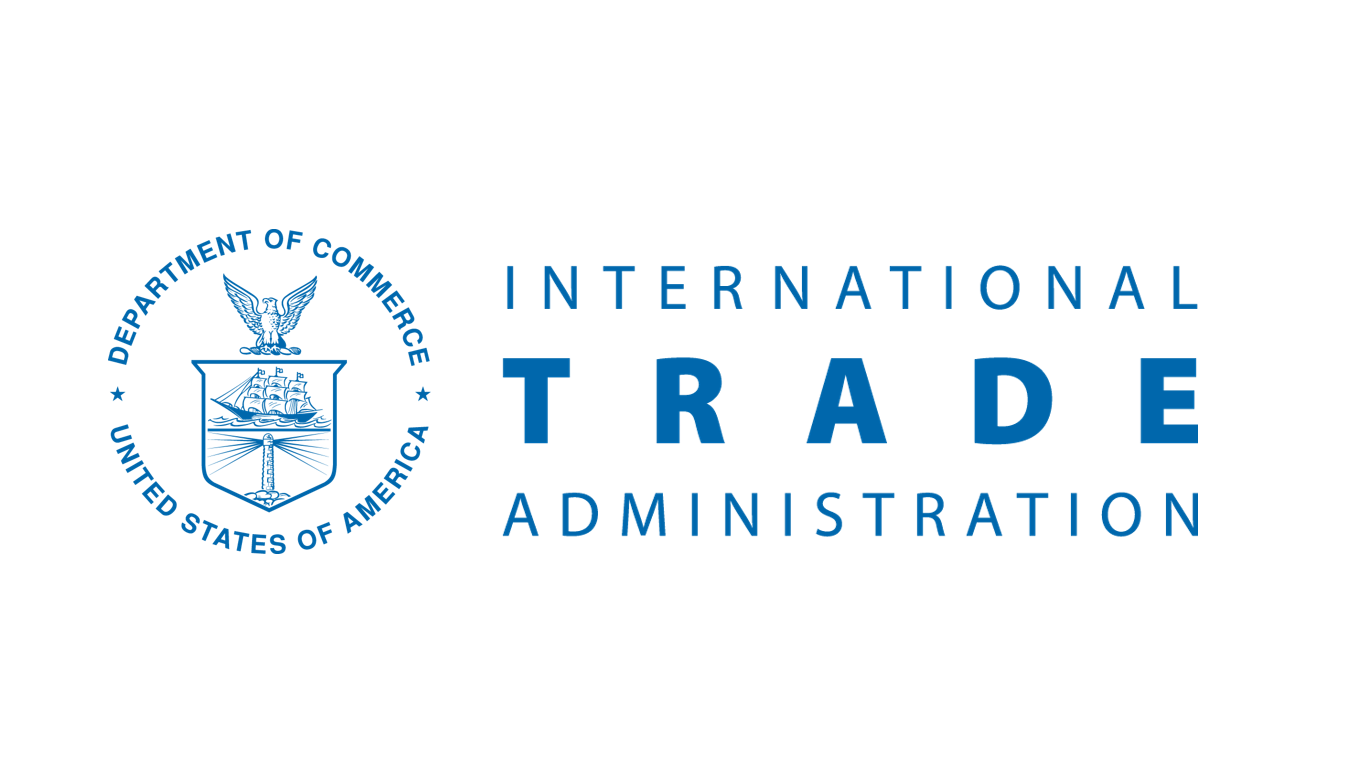Berry Amendment Exception
The Berry Amendment - Exceptions
Exceptions Provided Under the Berry Amendment - When the Berry Amendment Does Not Apply
The Berry Amendment has very few exceptions for DoD procurement of textiles and clothing. For the most part, if DoD is purchasing textiles or clothing in the United States, all processing and/or manufacturing must be done in the United States and all of the material must be domestically sourced.
However, exceptions do exist. The exceptions are established in DFARS 225.7002-2. When using any of the exceptions, DoD advises that the contracting officer ensure that the appropriate determination or documentation is in the contract file, and that the normally required DFARS clauses are omitted from the solicitation and contract:
1. An acquisition is excepted from the source restrictions of the Berry Amendment from the simplified acquisition threshold (SAT) to an amount not to exceed $150,000. (See 86 FR 53931, September 29, 2021).
2. A waiver, or a Domestic Non-Availability Determination (DNAD) to the Berry Amendment may be granted if the Secretaries of the Army, Navy or Air Force, the Under Secretary of Defense for Acquisition, Technology and Logistics (USD(AT&L)), or the Director of the Defense Logistics Agency determines that items grown, reprocessed, reused, or produced in the United States cannot be acquired as and when needed in a satisfactory quality and sufficient quantity at U.S. market prices..
3. Items listed in Federal Acquisition Regulation FAR 25.104(a). These are items determined to be nonavailable under provisions of the Buy American Act. This determination does not necessarily mean that there is no domestic source for the listed items, but that domestic sources can only meet 50 percent or less of total U.S. Government and nongovernment demand.
It is up to the procuring agency (and the contractor(s) concerned) to justify nonavailability of an item on the list in accordance with FAR 25.103(b)(1): before acquisition of an article on the list, the procuring agency is responsible for conducting market research, including trying to find domestic sources. This applies to acquisition of an article as an end product; or a significant component (valued at more than 50 percent of the value of all the components).
FAR 25.104(a) Nonavailable articles
[Note: This list will be published in the Federal Register for public comment no less frequently than once every five years. Unsolicited recommendations for deletions from this list may be submitted at any time and should provide sufficient data and rationale to permit evaluation].
The following textile products have been determined to be nonavailable in accordance with FAR 25.103(b)(1)(i):
50 denier rayon yarn
Leather, sheepskin (hair type)
Fair linen for altars
Metallic (gold) thread
Fibers of the following types: abaca, abace, agave, coir, flax, jute, jute burlaps, palmyra, and sisal
Modacrylic fur ruff
Goat & kidskins
Rabbit fur felt
Goat hair canvas
Raw & unmanufactured silk
Hemp yarn
4. Emergency acquisitions by activities located outside the United States for personnel of those activities;
5. Acquisitions outside the United States in support of combat operations;
6. Emergency acquisitions by, or for, activities located outside the United States for personnel of those activities;
7. Acquisitions by vessels in foreign waters (this applies to troops who are already en route, in foreign waters, and they have a “need” to procure a textile or clothing item(s). For example, a Navy ship is docked in Bahrain. A service officer(s) need to purchase textile or clothing item(s). The Berry Amendment would not apply to such a purchase(s);
8. Acquisitions of items specifically for commissary resale;
9. Acquisitions of incidental amounts of cotton, other natural fibers, or wool incorporated in an end product, for which the estimated value of the cotton, other natural fibers, or wool 1) is not more than 10 percent of the total price of the end product; and 2) does not exceed the SAT;
10. Acquisitions of waste and byproducts of cotton or wool fiber for use in the production of propellants and explosives;
11. Acquisitions of fibers and yarns that are for use in synthetic fabric or coated synthetic fabric (but not the purchase of the synthetic or coated synthetic fabric itself), if 1) the fabric is to be used as a component of an end product that is not a textile product (examples of textile products, made in whole or in part of fabric, include draperies, floorcoverings, furnishings and bedding; items made in whole or in part of fabric in Federal Supply Group 83, textile/leather/furs/apparel/findings/tents/flags, or Federal Supply Group 84, clothing, individual equipment and insignia); upholstered seats (whether for household or office use); and parachutes (Federal Supply Class 1670).
In FY 1997, Sec. 8109 of Public Law 104-208 expanded application of the Berry Amendment by stating that “the term ‘synthetic fabric and coated synthetic fabric’ shall be deemed to include all textile fibers and yarns that are for use in such fabrics”. This was incorporated into the DFARS (see DFARS 225.7002(o)) by DFARS case 96-D333. The interim rule was published in the Federal Register on February 7, 1997 (62 FR 5779), and the final rule was published on March 9, 1998 (63 FR 11522).
12. The fibers and yarns are para-aramid fibers and continuous filament para-aramid yarns manufactured in a qualifying country (DFARS 225.872-1); and
13. Acquisitions of chemical warfare protective clothing when the acquisition furthers an agreement with a qualifying country.
